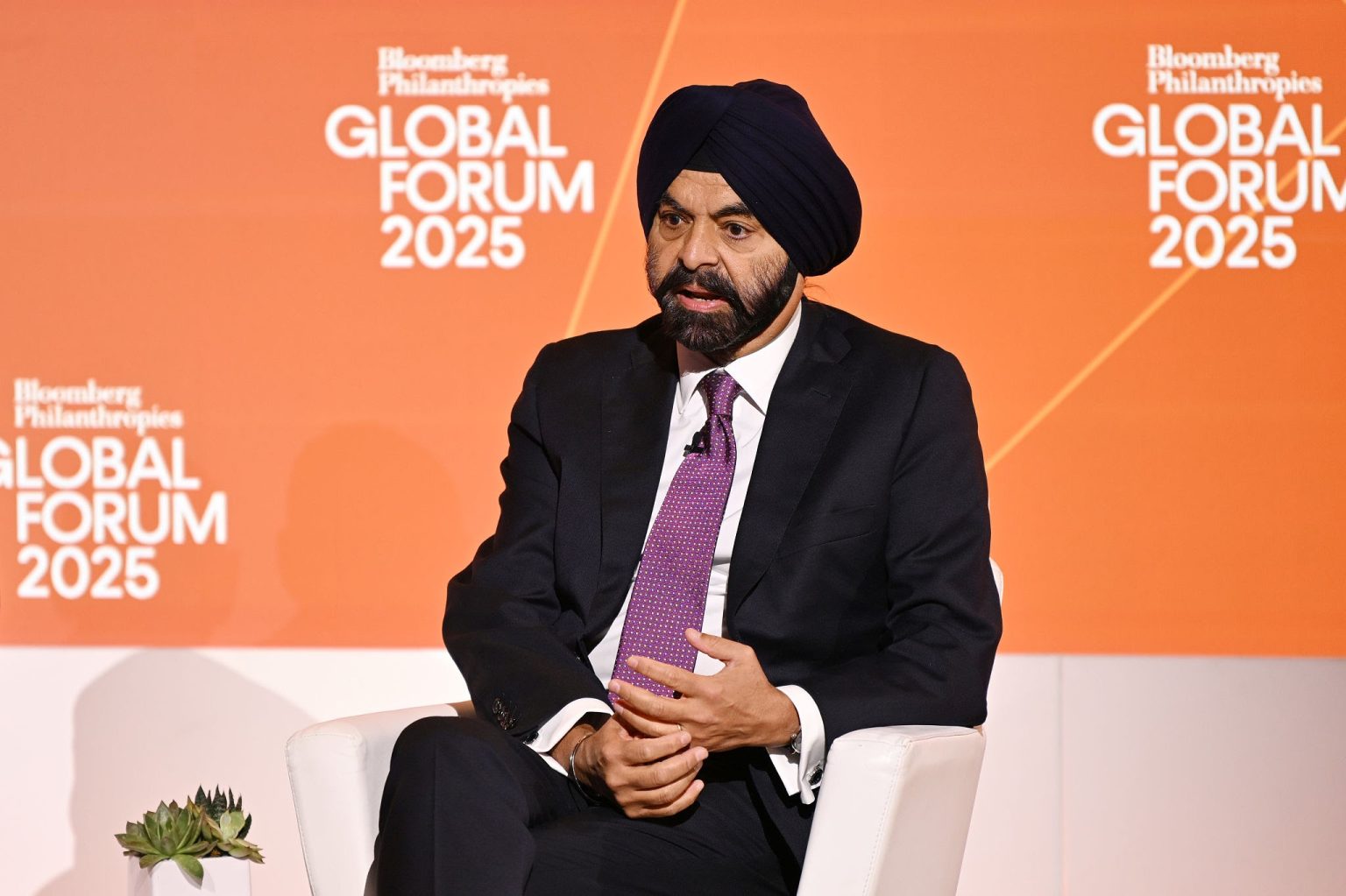Nigeria’s population is projected to surge to 367.5 million by the year 2050, an increase of nearly 130 million people, according to World Bank President Ajay Banga. Also, 1.2 Billion youth to compete for 400 million Jobs in the next 15 Years.
The World Bank chief issued the forecast during the 2025 Annual Meetings of the International Monetary Fund (IMF) and the World Bank Group, warning that without urgent structural reforms, the country’s rapid demographic expansion could deepen existing economic and social challenges.
According to recent data from the United Nations Population Fund (UNFPA), Nigeria’s current population is estimated at 237.5 million, already making it the most populous country in Africa and the sixth-largest in the world. The new projection would place the country firmly among the world’s top three most populous nations — behind only India and China by the middle of the century.
“Nigeria will swell by about 130 million, firmly establishing itself as one of the most populous nations in the world,” Banga stated.
A Growing Population Amid Rising Economic Strain
Banga’s comments come at a time when Nigeria is battling deep-seated economic and security issues. The country continues to face high unemployment and underemployment, particularly among young people, a rising cost of living triggered by the removal of fuel subsidies, and a weak naira that has sharply reduced household purchasing power.
In addition, Nigeria remains heavily dependent on oil revenues, struggles with a growing debt burden, and bears the weight of a high cost of governance. Persistent insecurity, including kidnapping, banditry, and farmer-herder conflicts, continues to threaten lives and disrupt agricultural production, further compounding economic instability. “These challenges, if left unchecked, could undermine the potential benefits of Nigeria’s demographic boom,” Banga cautioned.
Read Also:
World Bank raises alarm over rising extreme poverty in Nigeria
Global sanitation crisis threatens health, economy, climate – World Bank
Africa’s Demographic Shift
The World Bank president painted a wider picture of global population trends, describing Africa as the “epicentre of one of the greatest demographic shifts in human history.” He noted that countries like Zambia and Mozambique are also witnessing rapid growth, with Zambia adding around 700,000 people annually, while Mozambique’s population is expected to double by 2050.
By that year, Banga said, 85 per cent of the global population will live in countries currently classified as developing. He warned that within the next 10 to 15 years, approximately 1.2 billion young people will enter the global workforce — competing for only 400 million available jobs.
“That leaves a very large gap,” Banga warned. “Every second, four young people will join the global workforce. In the time it takes to deliver these remarks, tens of thousands will cross that threshold — full of ambition, impatient for opportunity.”
Opportunity or Crisis
Banga stressed that Africa’s youthful population represents both a major opportunity and a looming risk. With the right investments in education, healthcare, infrastructure, and entrepreneurship, the continent could become a major driver of global economic growth. However, he cautioned that without deliberate action, the population surge could lead to widespread unemployment, instability, and mass migration.
“Without deliberate action, optimism could give way to despair — driving instability, unrest, and migration with consequences for every region and economy,” he said.
Jobs at the Centre of Growth
Concluding his remarks, Banga emphasized that job creation must be central to development, economic, and national security strategies.
“This is why jobs must be at the centre of any development strategy,” he stated. “With their energy and ideas, young people will shape the century ahead.”
Economists say the World Bank’s projection underscores Nigeria’s urgent need to diversify its economy, invest in human capital, and address governance weaknesses. With a median age of just 18, Nigeria’s future prosperity — or peril — will depend on how effectively it turns its population growth into productive power.



